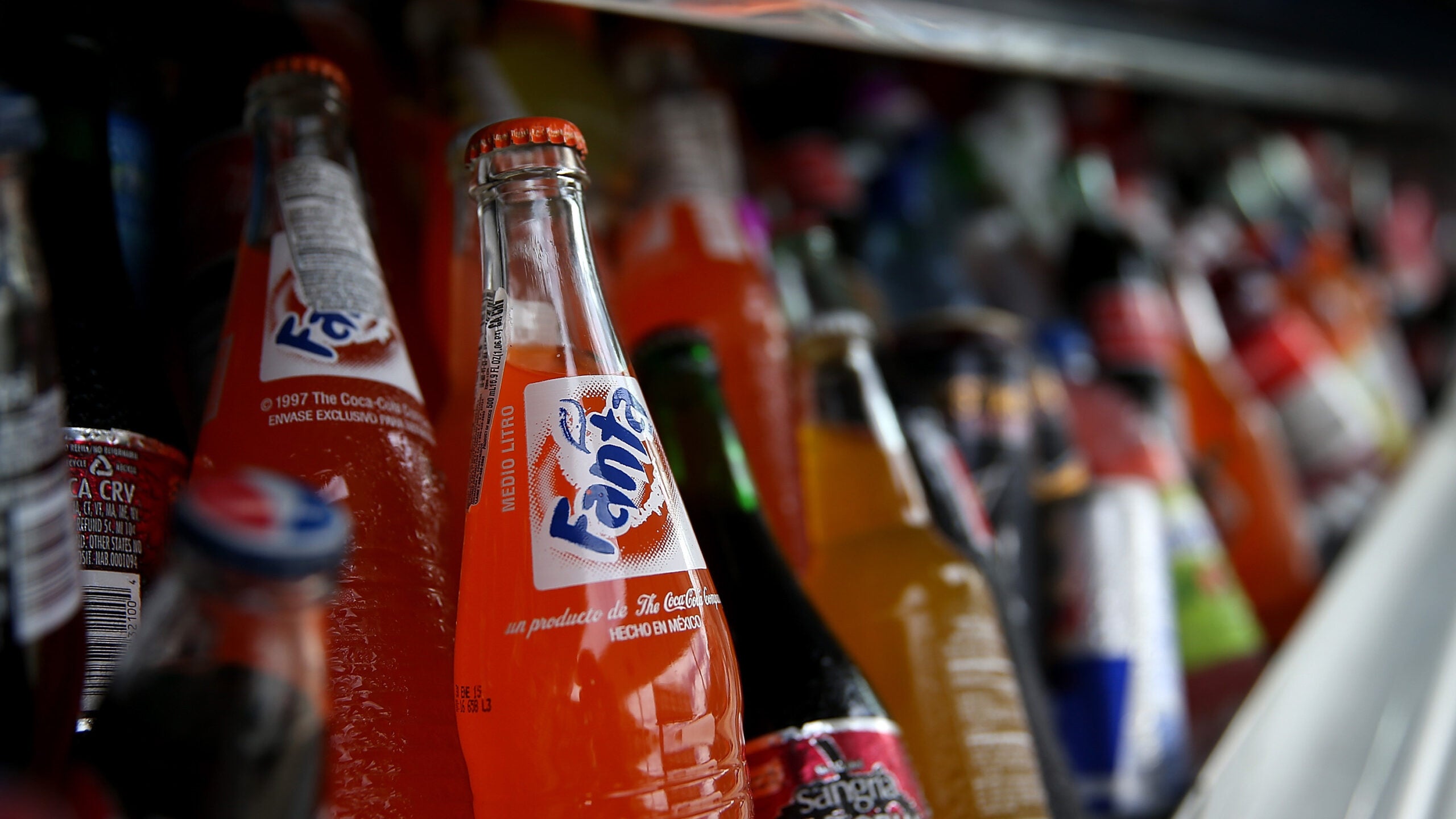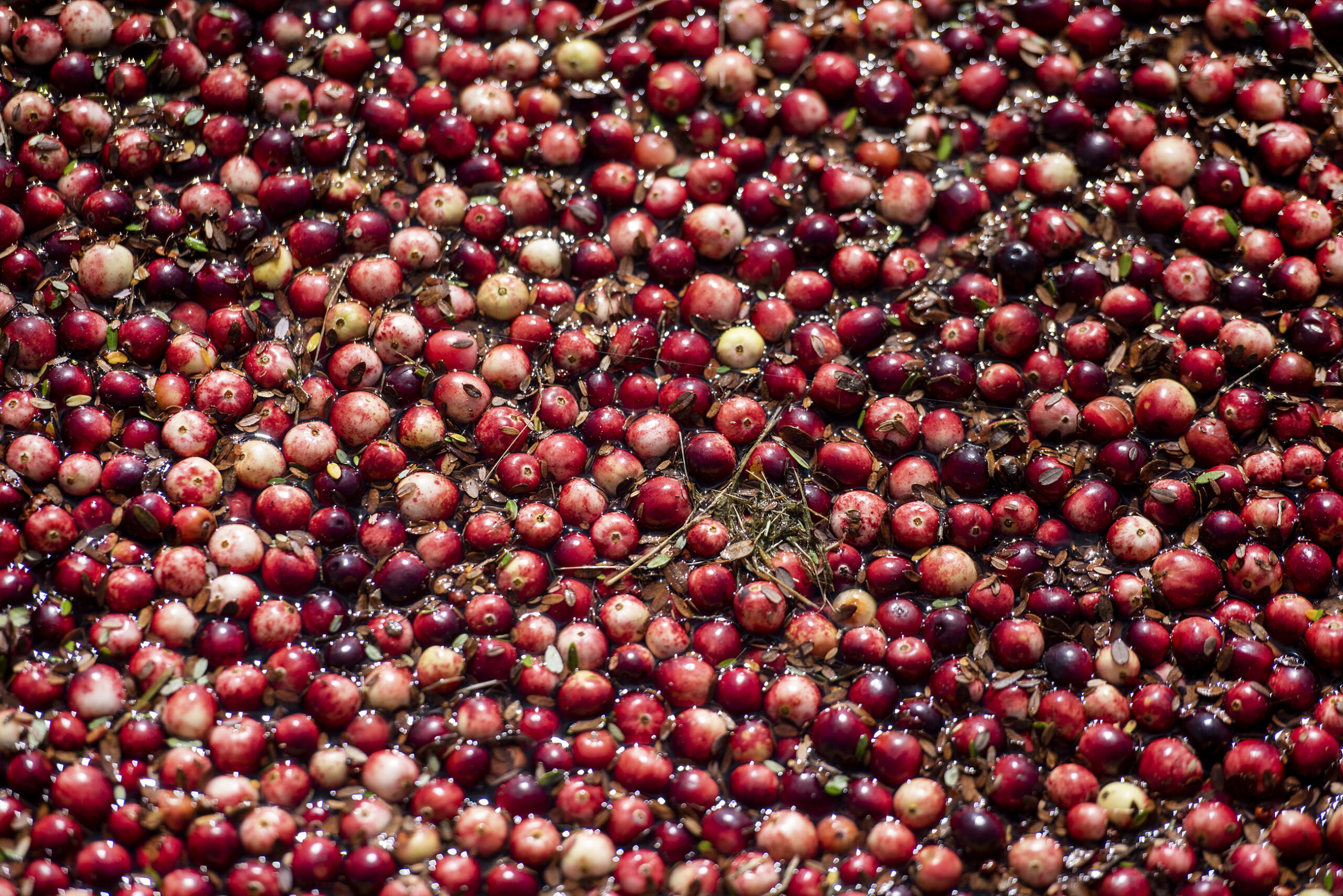Health advocates have proposed “sin taxes” as a way to curb behavior like smoking or snacking, but a new study suggests extra sales taxes on soda won’t decrease obesity.
Health advocates say soft drinks are an unhealthy source of sugar in American diets and contribute to weight gain. A recent study done by researchers in three states, including Wisconsin, finds that increased taxes on soft drinks do lead to less soda consumption, but that there was no corresponding drop in overall calories consumed.
Jason Fletcher, a health economist with the LaFollette School of Public Affairs at University of Wisconsin-Madison, conducted the study with researchers from University of Iowa and University of Washington’s School of Public Health. “If you reduce their consumption of soda,” said Fletcher, “they have a lot of other choices – including choices that may be very good for you otherwise like milk and orange juice, but they can be high calorie drinks.”
Stay informed on the latest news
Sign up for WPR’s email newsletter.
Wisconsin does not have a special soda tax – legislative proposals were introduced in 2005 and 2007, but never went anywhere. Efforts to implement soda taxes elsewhere have generally failed, largely due to a well-funded lobbying effort.
“Over the course of the past several years, approximately 30 states and cities across the country have proposed or introduced taxes on sugar-sweetened beverages like soft drinks and sports drinks and juice drinks,” said Christopher Gindlesperger of the American Beverage Association.. “They’ve gotten no traction.”
Still, governments continue to try. Last month, an Illinois senator proposed a penny-per-ounce tax on sugar-sweetened beverages sold in sealed containers.
Wisconsin Public Radio, © Copyright 2025, Board of Regents of the University of Wisconsin System and Wisconsin Educational Communications Board.







